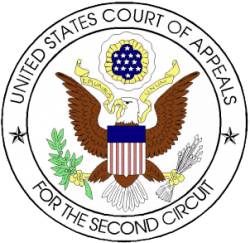The U.S. Court of Appeals for the Eleventh Circuit recently struck down Florida’s “anti-surcharge” statute, Fla. Stat. § 501.0117, holding that the Florida law prohibiting charging a fee to pay by credit card was an unconstitutional restriction of free speech. A copy of the opinion in Dana’s Railroad Supply, et al v. Attorney General, State of Florida is available at: Link to Opinion. Four small businesses filed suit after receiving cease-and-desist letters from the Florida Attorney General demanding they refrain from charging lower prices for customers using cash and higher prices for those using credit cards, and demanding that they refrain from…
Posts published in “Banking”
The U.S. Court of Appeals for the First Circuit recently denied a bank’s request pursuant to the Bank Secrecy Act to shield certain business records from being produced and used in a putative class action, holding that none of the subject documents constitute a draft SAR, or reflect the decision-making process as to whether a SAR should be filed, the process of preparing a SAR, or an attempt to explain the content of a SAR post-filing. A copy of the opinion is available at: Link to Opinion. The lead plaintiffs sued the bank, alleging that a customer used his accounts…
The U.S. Court of Appeals for the Second Circuit recently denied the defendant debt buyer’s petition for panel rehearing, or, in the alternative, for rehearing en banc, as to its ruling (discussed here) that federal National Bank Act preemption applicable to the loan originator does not allow a non-bank debt buyer to charge interest in excess of state usury limits. In so ruling, the Second Circuit noted that, “[a]lthough it is possible that usury laws might decrease the amount a national bank could charge for its consumer debt in certain states (i.e., those with firm usury limits, like New York),…
We expect certainty in the law, especially when it comes to a commercial transaction. A valid and enforceable contract should not become unenforceable simply because it was sold. And worse, it should not be unlawful for the buyer to enforce the purchased contract. But that is the decision of the U.S. Court of Appeals for the Second Circuit in Madden v. Midland. The facts are not remarkable. Ms. Madden applied for and received a credit card from Bank of America, a national bank. Bank of America transferred her account to FIA Card Services, also a national bank, who issued her a change…




